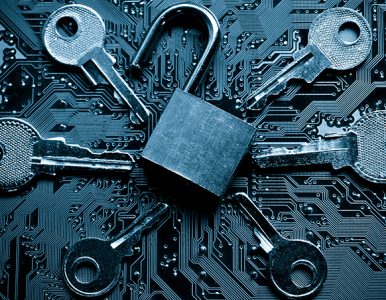Bitcoin wallets can be encrypted with a password. This effectively blocks all transfers from the wallet unless the person in question knows the password. If someone comes across a computer or a Bitcoin owner’s smartphone, they will not be able to transfer funds from the wallet unless they know the password.
After encrypting the wallet with a password, the user can backup the wallet and store it for example on a USB drive, send a copy of the wallet to an email or store it in a web hosting service. A copy of your wallet means that if a computer or phone is stolen, lost or malfunctioned, you can simply buy a new device and restore the Bitcoin wallet with the backup, with all the Bitcoin returned. NB. it is necessary to encrypt your wallet with a password before saving a backup.
If Bitcoin users don’t trust digital security, you can also take Bitcoin off the internet and print on a paper wallet. Paper wallets can easily be stored in bank deposit boxes or photocopied and stored in a safe place.
The main danger that new users might encounter is sending Bitcoin to the wrong account number, since the transfer cannot be reversed. No one can call anyone to report a mistake or wrong doing. Individuals themselves are fully responsible for all transactions.To prevent mistakes when sending Bitcoin transactions, most wallets can generate and/or scan so-called QR code, which will display the account number of the recipient in machine readable format for smartphones. This limits mistakes of sending Bitcoin to wrong addresses.
Follow us on Facbook:

